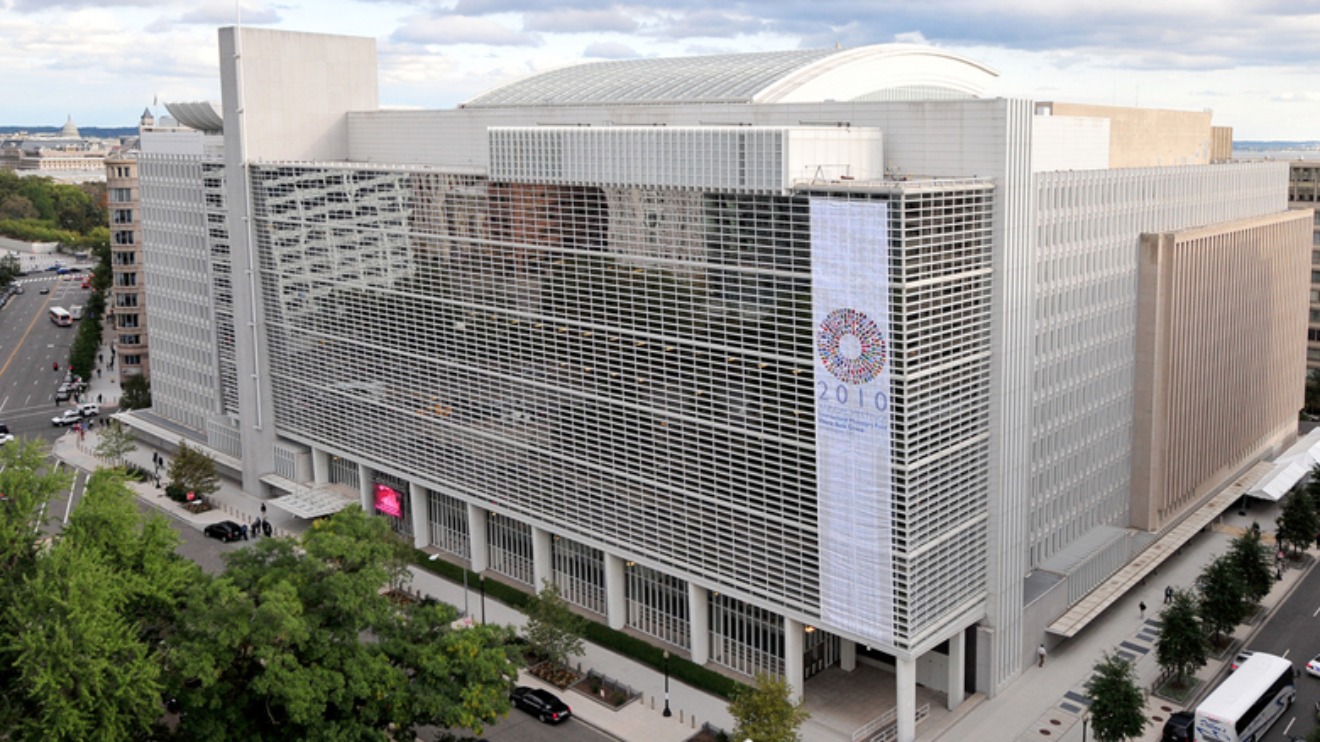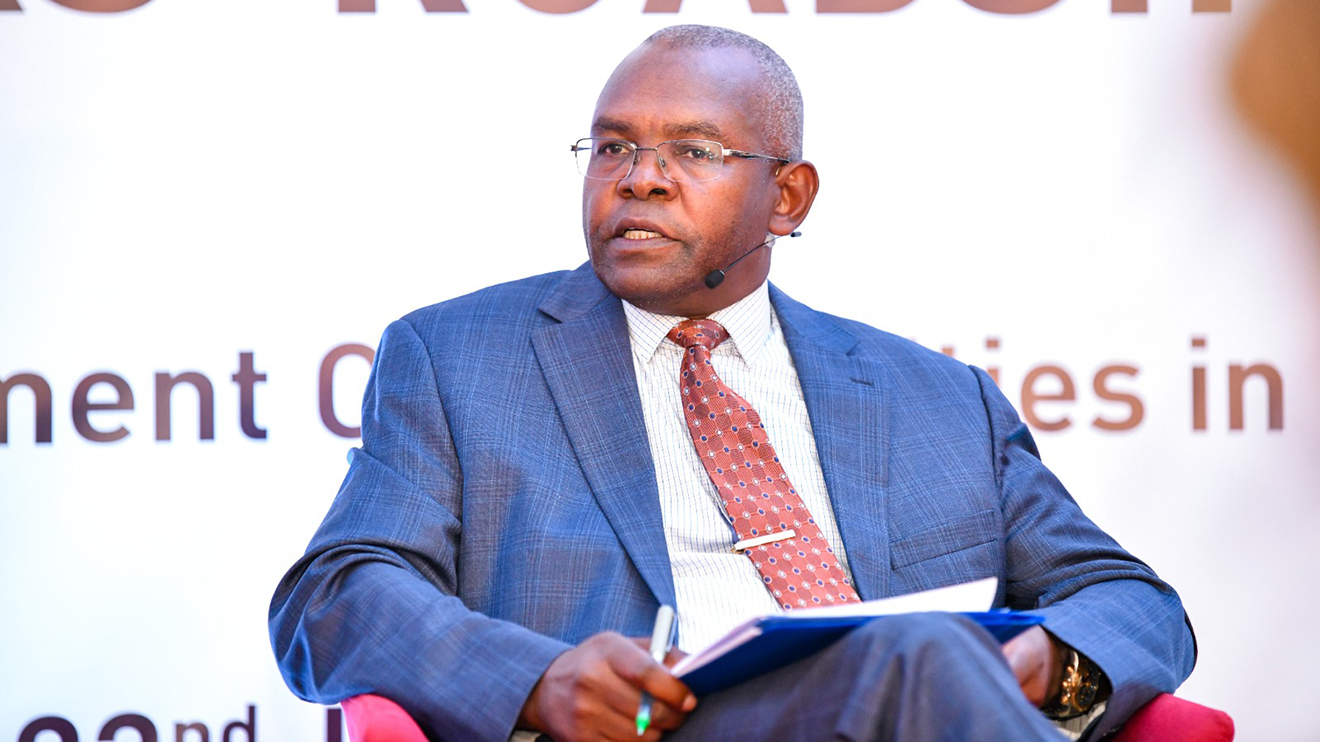The World Bank Group has raised concerns about Kenya's continued vulnerability to debt distress, following its recent Eurobond settlement.
This settlement involved issuing new bonds at a significantly higher interest rate to repurchase a portion of its maturing sovereign debt.
Kenya paid a premium to mitigate the risk of defaulting on its first Eurobond, valued at Sh260.4 billion ($2 billion).
In February, the country issued new notes worth Sh195.3 billion ($1.5 billion) at a hefty 9.75 per cent interest rate, compared to the 6.875 per cent coupon on the maturing bond.
While Kenya will avoid immediate default on $500 million by issuing new debt, the long-term consequences are concerning.
Read More
"External borrowing is considerably more expensive now than before the pandemic," the World Bank noted, "despite a gradual decrease in sovereign risk premiums."
This sentiment is echoed by the new Eurobond's interest rate, significantly higher than the maturing one.
The additional debt burden translates to higher annual debt service costs for Kenya.
The new Eurobond is estimated to cost Sh1.1 billion more annually, bringing the total interest payments to Sh19 billion ($146.2 million) compared to the Sh17.9 billion ($137.5 billion) for the original bond.
These rising refinancing costs exacerbate the risk of debt distress across the region, despite a slight decline in public debt relative to GDP.
"Over half of African governments face external liquidity issues, unsustainable debt burdens, or are actively restructuring their debts," the World Bank added.
The surge in government borrowing from non-traditional lenders and exposure to volatile market financing have further amplified this risk.
Kenya's decision to refinance at a higher interest rate stemmed from anxieties surrounding its ability to meet the June maturity deadline.
These anxieties manifested in a weakening Kenyan shilling, reflecting investor concerns about a potential currency devaluation in case of default.
Additionally, interest rates on both domestic and foreign government securities spiked as investors factored in the default risk.
The new Eurobond's higher coupon reflects a broader trend of increased global borrowing costs.
Central banks worldwide have raised interest rates to combat post-pandemic inflation, making borrowing more expensive.
However, there are some positive signs. Since the new bond issuance, the Kenyan shilling has strengthened against major currencies, and interest rates on government securities have begun to decline.
Notably, Treasury Bill rates fell for the first time in two years last week, indicating a potential easing of government borrowing costs.
The Central Bank of Kenya (CBK) anticipates a further decrease in domestic interest rates.
This is expected to be facilitated by increased disbursements of external financing, particularly from multilateral lenders like the World Bank and the International Monetary Fund.
Notably, a portion of this external financing is intended to complete the settlement of Kenya's debut Eurobond.
While the immediate crisis of default has been averted, Kenya's long-term economic health remains a concern.
The high cost of this debt settlement highlights the need for the country to implement sustainable fiscal policies and diversify its borrowing sources to mitigate future debt distress risks.








